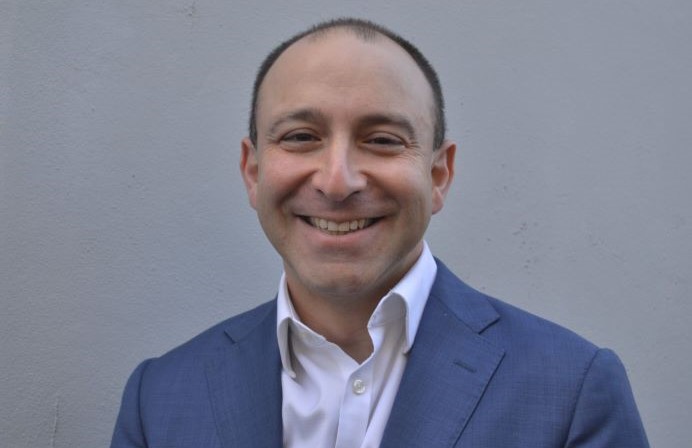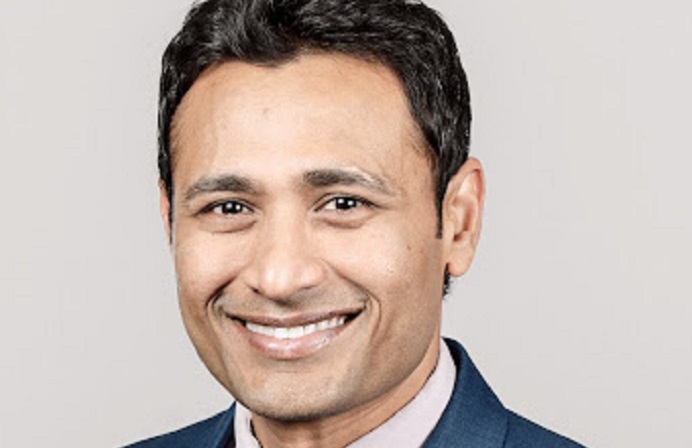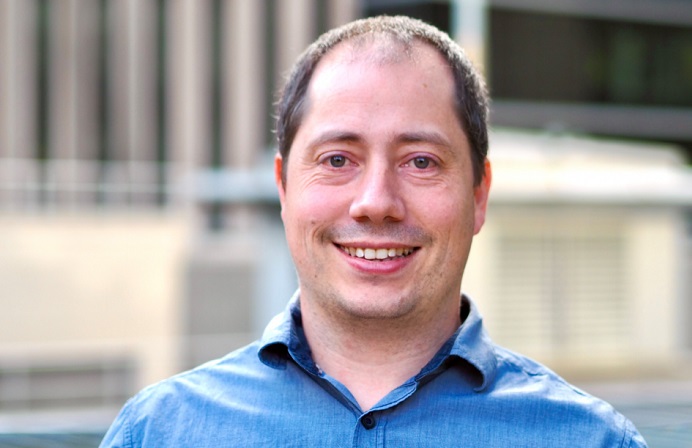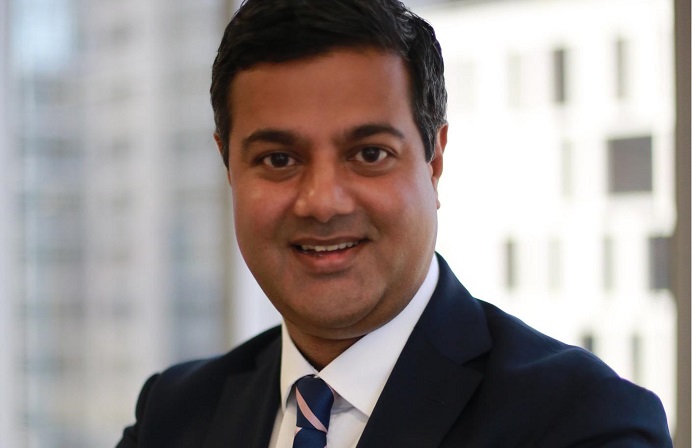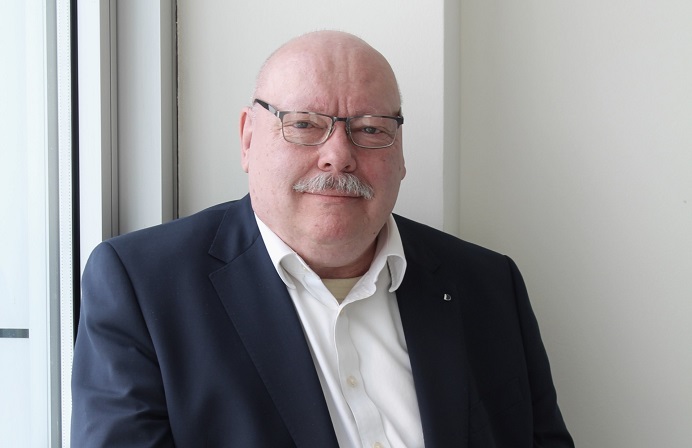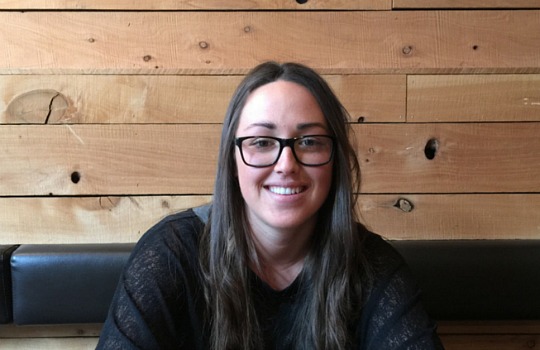
FST Media: What are your business and digital priorities for the next 6 months?
Flutey: From a business perspective, our focus can be condensed to grow our userbase and to capture 10 per cent of the domestic market before turning our attention abroad.
FST Media: What are your priorities for the next 6 months?
Flutey: We have an extremely narrow focus for the next six months, which from a business perspective can be condensed to grow our userbase to capture 10 per cent of the domestic market before turning attention abroad. Digitally we are more than capable of supporting that growth, so priorities lie around further product development to ensure currently missing financial concepts are introduced to the Banqer platform.
FST Media: What technology or innovation is proving to be the biggest game changer across financial services?
Flutey: I would have to say the biggest innovation that will inevitably change the path of financial services will be AI. Although the customer facing experience may be fairly comparable, the streamlining and automation that will be able to take place in these firms is going to completely shift productivity paradigm and the services firms will be able to offer.
FST Media: How are you leveraging big data and analytics at Banqer?
Flutey: We are in a position where we can track and understand the financial behaviours and habits of thousands of primary aged school children, right down to their propensity to increase savings if interest rates rise in their classroom economy. Through analysing the aggregation of these behaviours we are able to both report the financial literacy rates of students, but more significantly assess their financial capabilities. As a result, we are hoping to declare ways in which we, and other financial education providers, can discourage any negative capabilities identified and nourish the positives whilst students remain such a malleable age.
FST Media: What were the key findings you took away from the BNZ start-up alley competition to launch Banqer?
Flutey: Webstock BNZ Start-up Alley was an extremely timely event for Banqer and most probably the catalyst for us to cross the threshold from side project to commercial product. When we entered the event we had only been in operation for about a month. The structure required of us in terms of submitting an entry was one of the first times we had put considerable business and strategic thought into the venture. Given it was such an early stage, the key findings were mostly around the extent of the opportunity that lay ahead of us; not only was this from a commercial perspective, but from a long-term societal one as well.
FST Media: How important is it to teach financial literacy skills from a young age?
Flutey: It is vital. We would all inherently agree with that the financial literacy rates aren’t improving. The current default financial education provider is often parents. When parents are incapable or unwilling to teach these life skills, the system collapses for that child. The OECD in their Students and Money, Financial skills for the 21st Century study concluded: “Relying on parents alone to provide their children with financial literacy may maintain inequalities not just in levels of financial literacy, but also in factors closely correlated with it, especially household wealth.” Whereas a study by the Financial Industry Regulatory Authority’s Investor Education Foundation found “notable improvements” in credit outcomes those students in Idaho, Georgia and Texas. These are all States where financial education mandatory in the curriculum. I think we all agree on the problem, it just seems there is not enough action when it comes to initiating or mandating a proven solution.
FST Media: What is the ideal innovation ecosystem?
Flutey: I’m not sure if there is one. The tension between that exists between commercial organisations (start-up and corporate) means the players would interpret their ideals differently. Rather than trying to cultivate an ecosystem that can encompass everyone trying to ring fence innovation, I feel it’s more a matter of ensuring an understanding and respect of the two ecosystems that exist, and agreeing that innovation has a place in each. Then finding that sweet spot, the overlapping point on the venn diagram, that has the least tension and where the most effective collaboration can take place.
FST Media: How can banks and non-traditional financial services work towards innovation?
Flutey: I would personally find it extremely difficult to innovate when working within existing constructs of an organisation such as a bank. The traits necessary to innovate really need an environment accepting of failure and mistakes. This luxury can’t always be afforded at larger institutions (and for good reason). I’m not saying innovation doesn’t take place in such an environment, it certainly does, I just feel it can take a while to surface and the ways in which I like to innovation aren’t conducive there. That’s why I’m such an evangelist of partnerships between banks and start-ups. If the fit is right there is an ability for all risk to be incurred by one party, and support to be given by the other, with the successes shared. I see this as a very big shortcut for banks to innovate without needing to remove or reduce the security barriers that have been established over time.
FST Media: What is the next big thing for Banqer and how will you measure its success?
Flutey: Having sound social underpinnings our success is always a multifaceted measurement. With the next big thing on the horizon for us being an international launch we will look to employ our domestic measures of success contextualised for this market. These largely stem around people – corporate partnerships, teacher relationships, and the impact we are having on student financial capabilities.
FST Media: What is your key piece of advice for fintech entrepreneurs?
Flutey: Have a mission greater than profit and share that story. In an industry that at times can feel extremely sterile and where user experience is often lacking, you have the opportunity to take your users on a more meaningful journey. The journey should be one that the incumbents often can’t due to innate constraints. Celebrate that, revel in that and truly believe in that mission.
FST Media: How do you like to spend your free time?
Flutey:I have a tendency to fill free time with what others would consider ‘work’ as I love to feel productive. I’m lucky to have people close to me who encourage me to switch off every so often and avoid inadvertently burning out. Things like spending time with family, reading, going on the internet, or getting outside.

